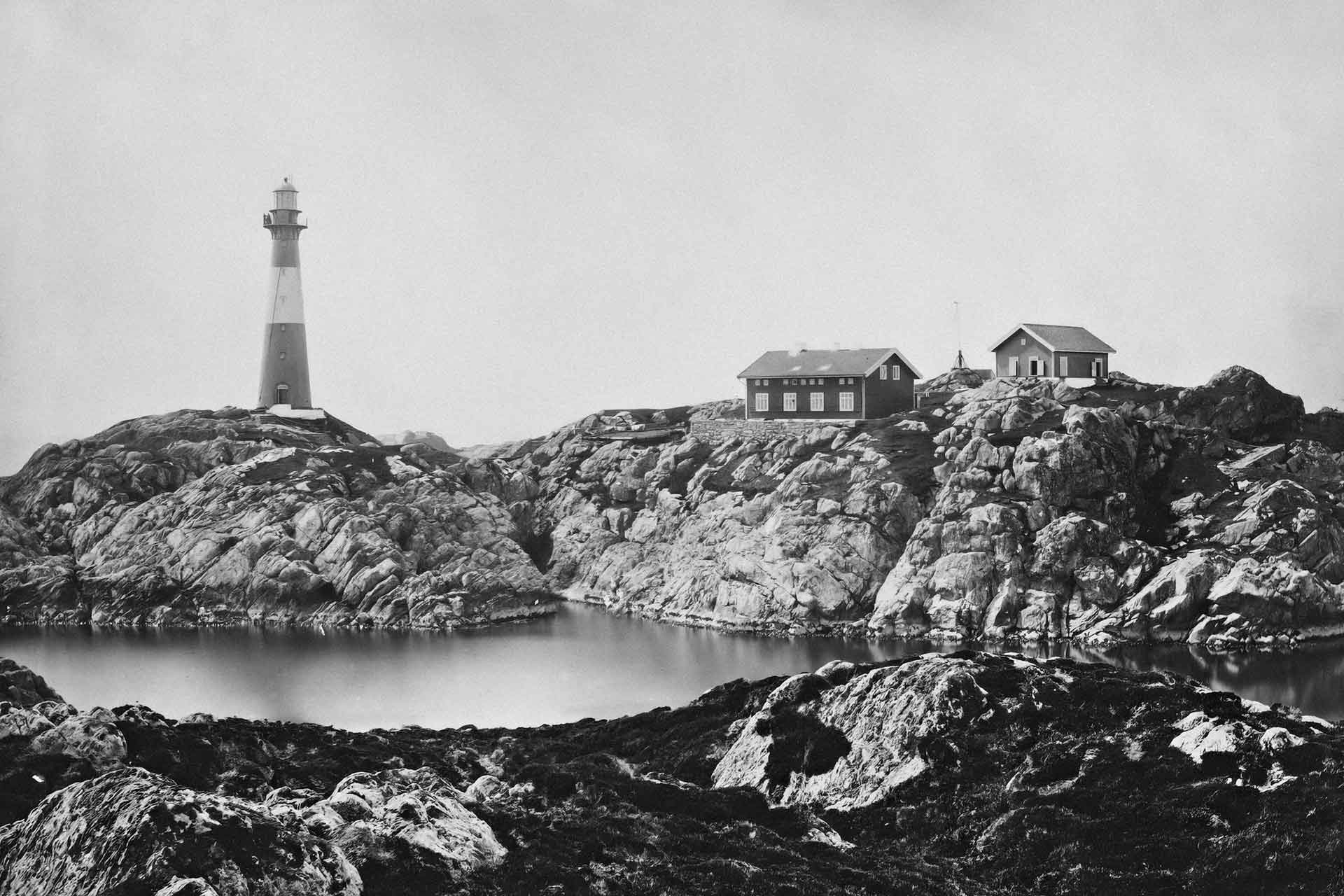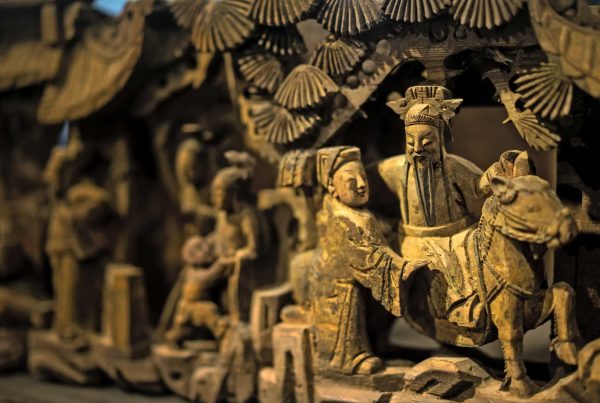Kant’s philosophy continued to dominate throughout the nineteenth century, although there were increasing concerns about the overall coherence of his system; in particular, there was doubt as to whether the notion of things-in-themselves was intelligible and about the interaction among the different faculties of the mind. In extremely broad terms, there thus began a schism between those philosophers who prioritized the faculty of sensibility and those who prioritized the faculty of understanding. In the twentieth century, this led to an often bitter division between Continental Philosophy (via Phenomenology) and Analytic Philosophy (via Logical Atomism).
At the same time, the nineteenth century saw the fallout of the French Revolution and its consequences for political philosophy. In the United States, the end of the Civil War similarly influenced philosophical thought, nudging it toward an increased orientation toward practical consequences.




































